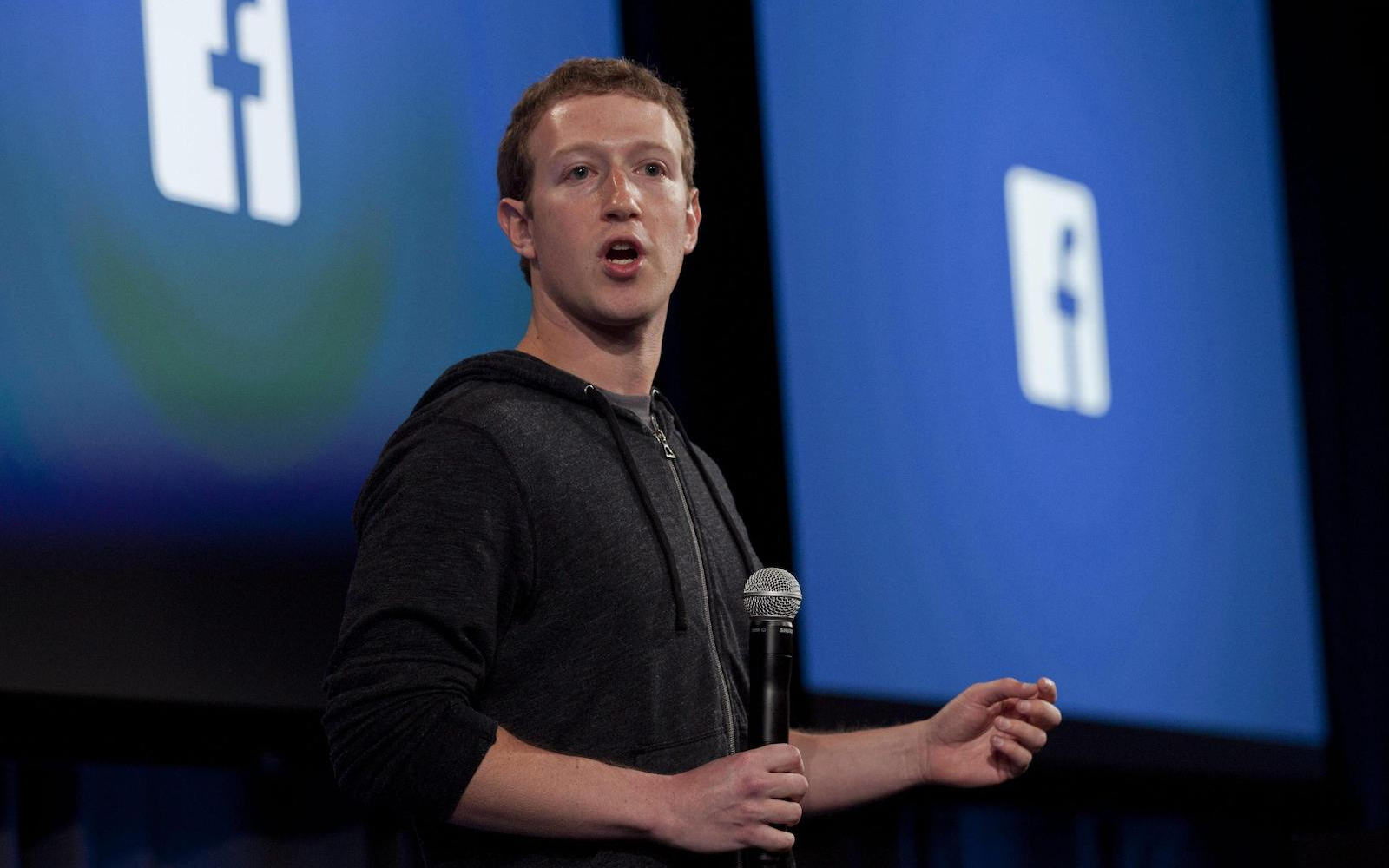
What is happening to Meta? After the decline in shares, TikTok and Google seem increasingly fearsome enemies
Since Facebook debuted October 28 with its new corporate branding, Meta, the parent company of Facebook, Instagram and WhatsApp, has recorded a net profit of $ 10.3 billion in the last quarter or $ 3.67 for action. A 5% drop compared to 2021, which worried investors enough to push the company's shares down by more than 20% with a drop in market value of more than $ 230 billion. But despite the declines and mistrust of the stock market, revenue surpassed Zuckerberg's more robust forecasts, reaching $ 33.7 billion, more than the expected $ 33.4 billion. How the company is trying to move from its mobile and desktop social networks realm to the Metaverse, a digital accessible through augmented and virtual reality that Meta's CEO considers necessary to attract the new young audience that has abandoned Facebook for TikTok and to make it happen he plans to spend even more in the future.
Yet there is no evidence that the bet will pay off. Unlike Facebook's move to mobile devices in 2012, the use of virtual reality is still the reserved to a niche hobbyists. So Mr. Zuckerberg is asking employees, users and investors to trust him and his vision for something that will cost the company billions over the next few years and may never happen. But Zuck's aspirations are not the only enemy on the horizon for Meta, which, since its origins, has been experiencing perhaps the hardest period ever recorded.
User growth
User growth has hit a ceiling. The days of wild growth of Facebook users seem over. Although the company posted modest gains from new users on Wednesday in its so-called app family, which includes Instagram, Messenger, and WhatsApp, its main social networking app, Facebook, lost around half a million users in the fourth quarter compared to the previous quarter. The first decline in subscribers for the company in its 18-year history, during which the company has been defined by its ability to attract more new users.
The Reels aren't enough to outrun TikTok
For more than a year, Mr. Zuckerberg has been stressing how formidable TikTok was as an enemy. The China-backed app has grown to over a billion users thanks to its short, highly shareable and strangely compelling video posts. To keep up with the competition, Meta imitated TikTok with a video feature called Instagram Reels. Mr. Zuckerberg said Wednesday that Reels, who is prominently positioned in people's Instagram feeds, is currently the #1 engagement factor throughout the app. The problem is that while Reels can attract users, it's not profitable as effectively as other Instagram features, like Stories or the main feed. This is because it is slower to make money on video ads, as people tend to skip them, which means that the more Instagram pushes people to use Reels, the less money it could make on those users.
Apple's new privacy law
Apple's changes could cost him $ 10 billion in revenue over the next year. Apple has introduced an "App Tracking Transparency" update for its mobile operating system, essentially giving iPhone owners the ability to allow apps like Facebook to track their online activities, which makes targeting ads more difficult, even though it is one of the main ways of making money for the company. Twice as painful is that iPhone users are a much more profitable market for Facebook advertisers than, for example, Android users, and typically spend more on products and apps offered to them by mobile ads.
The comeback of Google
On Wednesday, Meta's chief financial officer David Wehner noted that as Apple's changes have given advertisers less exposure to user behavior, many have begun shifting advertising budgets to other platforms, including, primarily, Google. In Google's earnings call this week, the company posted record sales, particularly in its advertising, because unlike Meta, it doesn't rely heavily on Apple for user data. Mr. Wehner said it is likely that Google had "a lot more third-party data for measurement and optimization purposes" than Meta's advertising platform.















































